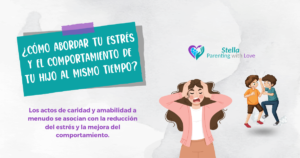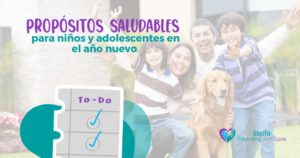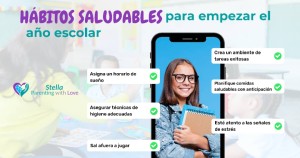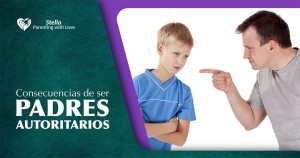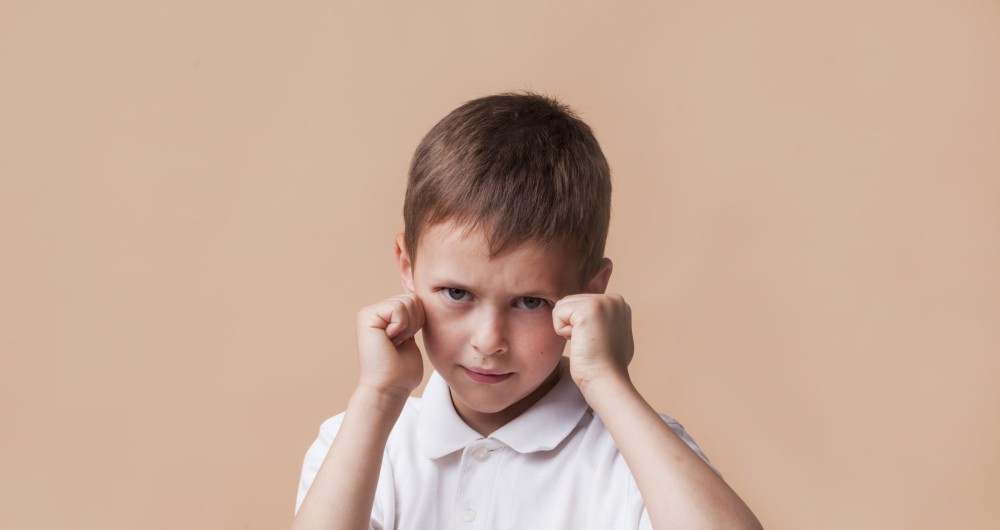
Childhood aggression, how to deal with it?
Has your child hit other children at school? Does he/she constantly use foul language? Does he/she have attitudes of refusal in the face of sharing, wanting, or being empathetic in certain situations? These are all attitudes that an aggressive child has. Child aggression is a phenomenon that has existed since the beginning of time, but has been growing to a not unsettling extent.
According to the Mexican Journal of behavior analysis, in a text called Cognitive-behavioral treatment of child aggressive behavior, define child aggression in terms of a "manifest behavior of the child that involves destruction, physical harm to others, himself, or property."
It is distressing to see our child not only hurting other children but him or herself. We can't but wonder why he or she has these types of behaviors. For these types of behaviors are mostly in children who do not feel they are getting the attention they need.
A child who feels satisfied with the love and attention he or she receives at home, in his or her family circle and at school, will be a child who will not need aggression to get attention. Of course, this is not something we see every day, because each of us, to some extent, needs attention. The problem is in how much attention we are teaching our child that she needs.
For example, we are with our daughter in the living room and she is painting with vinyl on a poster board, one of the vinyls slips out of her hand and she ends up getting it all over her dress. We as parents scold and scold her, we insist that this is not done and now she has stained her dress. The child is going to have a lot of attention on herself in a situation she didn't intentionally create, she was just playing.
Then, at another time, she's going to want this attention back and will do whatever it takes to get it: whether it's watering the vinyl just because or, in an extreme case, displaying aggressive behaviors to get reprimanded and have your attention back.
It is worth highlighting a fragment of a research article from the Catholic University Foundation of the North called Childhood aggressiveness: a proposal for intervention and pedagogical prevention from school: "aggressive behaviors are learned from the models or references that children and adolescents have in the different scenarios they inhabit, for example the family, school, society, mass media, peers, among others".
There are many studies that show the level of retention of violent images of movies and series in children. The mind of an infant is supremely malleable and it is in the first years of life where they form the basis of their personalities in their mind. This is why they are exposed to be filled with violent information, let's say thanks to technology.
On the internet you can find endless violent content that, with a click, gets into the hands of our children without any problem. Behaviors in action movies or certain cartoons that tell stories loaded with irony and bad jokes, create an imaginary world for children: they believe that all that is okay, because they are still forming the concept of good and evil in their heads.
This is why we must seek techniques as parents to teach our children the differences between what is right and what is wrong, because it is in this way that they will understand that they must discern what they see in those violent movies or cartoons, and that the way to socialize in real life does not need kicks and foul language, but love and understanding.
The same study mentioned above, names the importance of taking into account "the recognition of their economic, family and social circumstances and life history as a possibility to understand the external and internal factors of the child's life and how these circumstances influence the triggering of aggressive attitudes in adolescence."
It is possible, finally, that a child is going through a tense situation at home, and simply aggressiveness is their way of channeling stress. It's also possible, for example, that a little one hasn't eaten well for days, and this lack of nourishment can always trigger a violent attitude.



